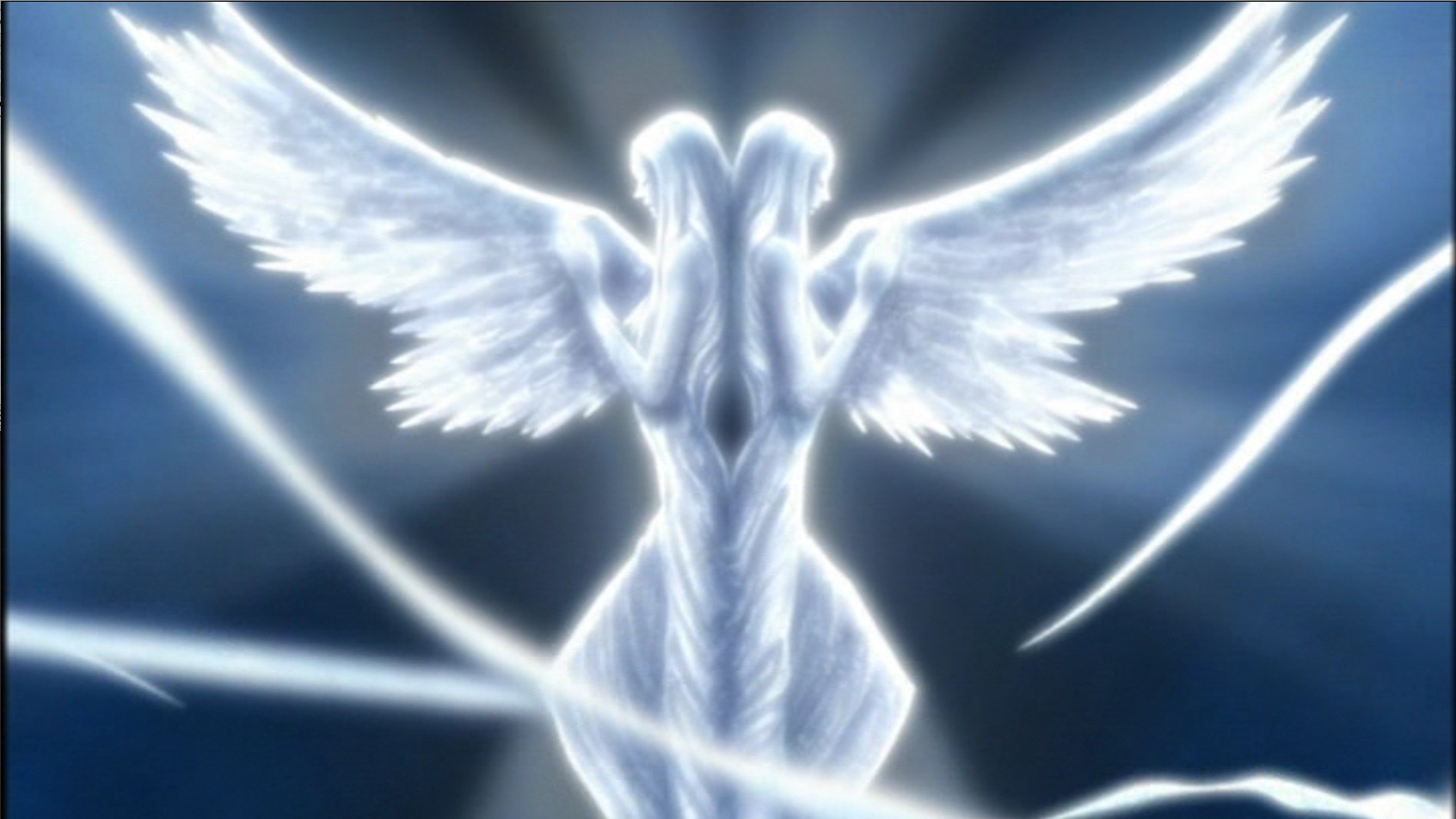Gribba
 Troubadour
Troubadour
Ok I am very late joining in here but... :wub:
I am madly in love with LOVE!!! I love LOVE!!!
I write all kinds of love. When I write about love in my stories, love is something that either drives my character/s and/or is part of the development of that person.
Love is this amazing thing that happens between people! I am not going to go through all the types as they have been mentioned in this thread, anyway...
What I find fascinating and amazing about romantic love, is that it begins with facing the possibility of rejection. Allowing oneself to either receive love as well as give it and begin living the story and writing the memories, of that love. Or taking the rejection and closing the book on it and be prepared to allow another book to open, regardless of the pain of former rejection. That is the first bravest parts of love.
But romantic love is also deeply based in trust, giving someone your trust before it is earned, trust in love, and by doing so you are trusting another person with, all of you. Trust that, that person will treat it with care and proof worthy of it. It is incredibly vulnerable thing to do, which is the other brave thing about love. Choosing love is such a brave choice and I love when it is done well in a story.
I do not always include romantic love in my stories but I tend to like having some form of love in my story, often as a small part of the story for the overall growth of a character (because love in general, is also about growth as a person, compromise, hard work and well, SO much more and that provides a large room for a character to grow in).
I tend to like all kinds of love in stories i read and I mean fantasy & sci fi novels (I have only read very few romance novels so I can not say much about that genre).
I am madly in love with LOVE!!! I love LOVE!!!
I write all kinds of love. When I write about love in my stories, love is something that either drives my character/s and/or is part of the development of that person.
Love is this amazing thing that happens between people! I am not going to go through all the types as they have been mentioned in this thread, anyway...
What I find fascinating and amazing about romantic love, is that it begins with facing the possibility of rejection. Allowing oneself to either receive love as well as give it and begin living the story and writing the memories, of that love. Or taking the rejection and closing the book on it and be prepared to allow another book to open, regardless of the pain of former rejection. That is the first bravest parts of love.
But romantic love is also deeply based in trust, giving someone your trust before it is earned, trust in love, and by doing so you are trusting another person with, all of you. Trust that, that person will treat it with care and proof worthy of it. It is incredibly vulnerable thing to do, which is the other brave thing about love. Choosing love is such a brave choice and I love when it is done well in a story.
I do not always include romantic love in my stories but I tend to like having some form of love in my story, often as a small part of the story for the overall growth of a character (because love in general, is also about growth as a person, compromise, hard work and well, SO much more and that provides a large room for a character to grow in).
I tend to like all kinds of love in stories i read and I mean fantasy & sci fi novels (I have only read very few romance novels so I can not say much about that genre).
Last edited:

 Vala
Vala


 Myth Weaver
Myth Weaver Maester
Maester